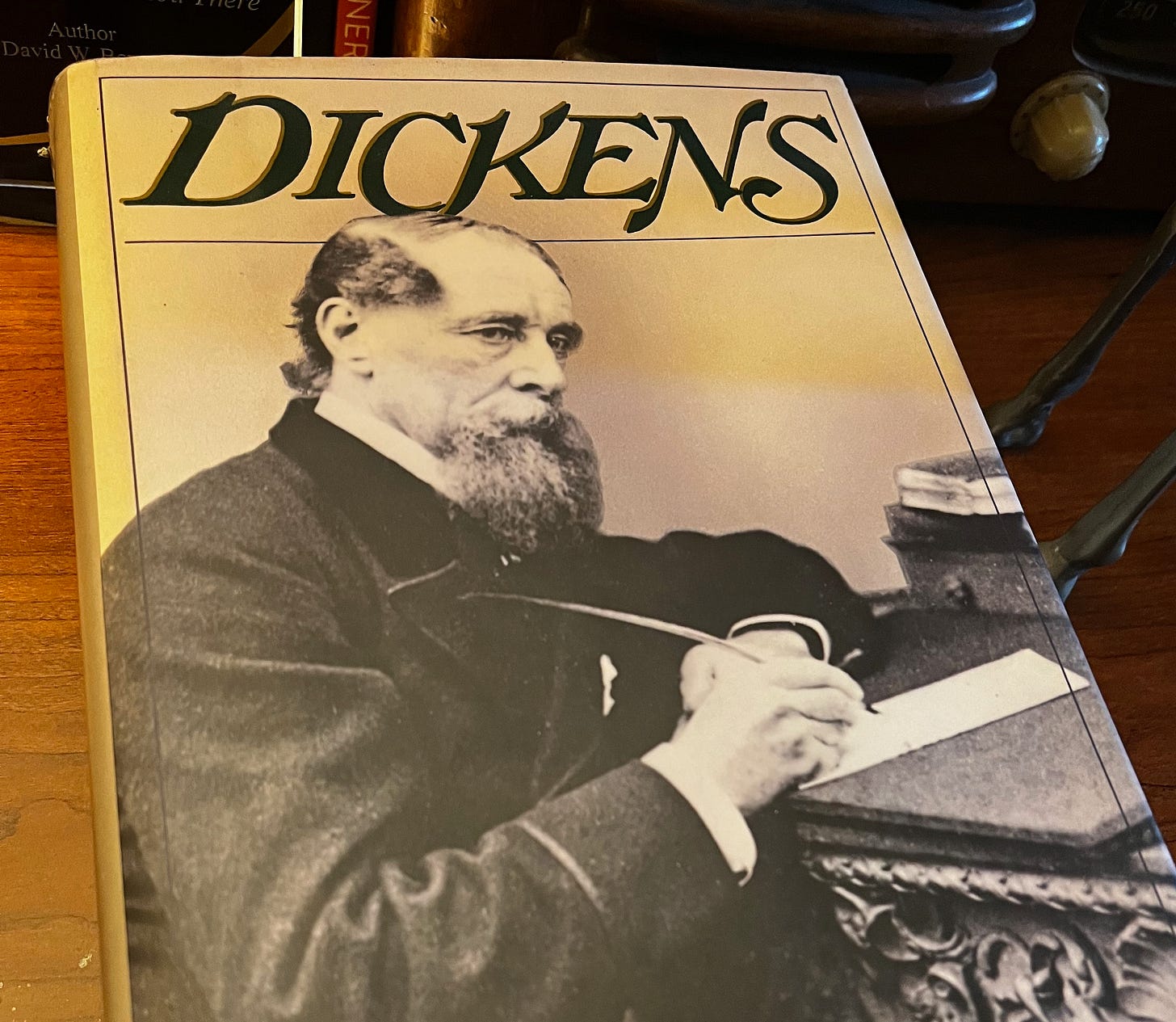When I was a kid, my mother frequently gave me books as gifts. My favorite child’s book, and it remains so to this day, is Go, Dog, Go! by P.D. Eastman. Later it was the Hardy Boys books, and 20,000 Leagues Under the Sea. Then books about baseball players and adventurers like Lewis and Clark. When I was old enough, I began giving my mother books, too. She was a voracious reader and her favorite author had always been Dickens.
One summer, she came to Chicago from her home in Pennsylvania to watch and care for my youngest son for a week or so while my wife and I traveled. As a gift, we gave her the definitive Dickens biography and signed it on the inside. I frequently did this when giving books as gifts, writing a note inside to signify its significance for the moment and for time.
An article in The Guardian suggests the “rules” for giving books to friends and family, as the giving season is upon us. The one big rule it notes is to be careful what you give to whom. Sometimes the book we give can say a lot about what we think of the person we are giving it to. That could be dangerous ground to tread. Another rule is not to inscribe it. The reason, the article suggests, is that the only person who should inscribe a book should be the author. I can understand this to some extent. Still, what would I have now if I had not put those words in the Dickens book for my mother?
I would have nothing more than an old book.
It’s likely I would not have remembered who had given it to whom. (Although, knowing my mother’s taste, I likely would have determined quite quickly that the Dickens autobiography would have been somehow connected to her.) With that note written inside, however, the book has taken on a deeper meaning. It’s an artifact of a time, a purpose, love, and family. The gift, in so many ways, is still giving because of that inscription.
This season, as many of you consider giving books as gifts, do so with love. And do so with a few written words. Yes, inscribe it, right there on one of the first blank pages. Go for it. Keep it brief and clear. Tell them why you are giving it, when, what it means to you to gift it, and what you hope it will mean to the one receiving it. This, I hope, will ensure that the book you give lives on and on. It will become much more than a simple holiday gift, carrying with it the visceral tissue of understanding, love, and legacy.
Gift a book and a little of your heart.
David W. Berner is the author of several books of award-winning fiction and personal narrative. His memoir, Daylight Saving Time: The Power of Growing Older is due out from Collective Ink Books in June 2024.






I just received a book from a colleague and it made my entire day. Nothing better. While it wasn't inscribed, I love that idea because even if it's not a gift, it shows the book's journey. Getting those old library books with notes and underlines . . . it add so much to the book.